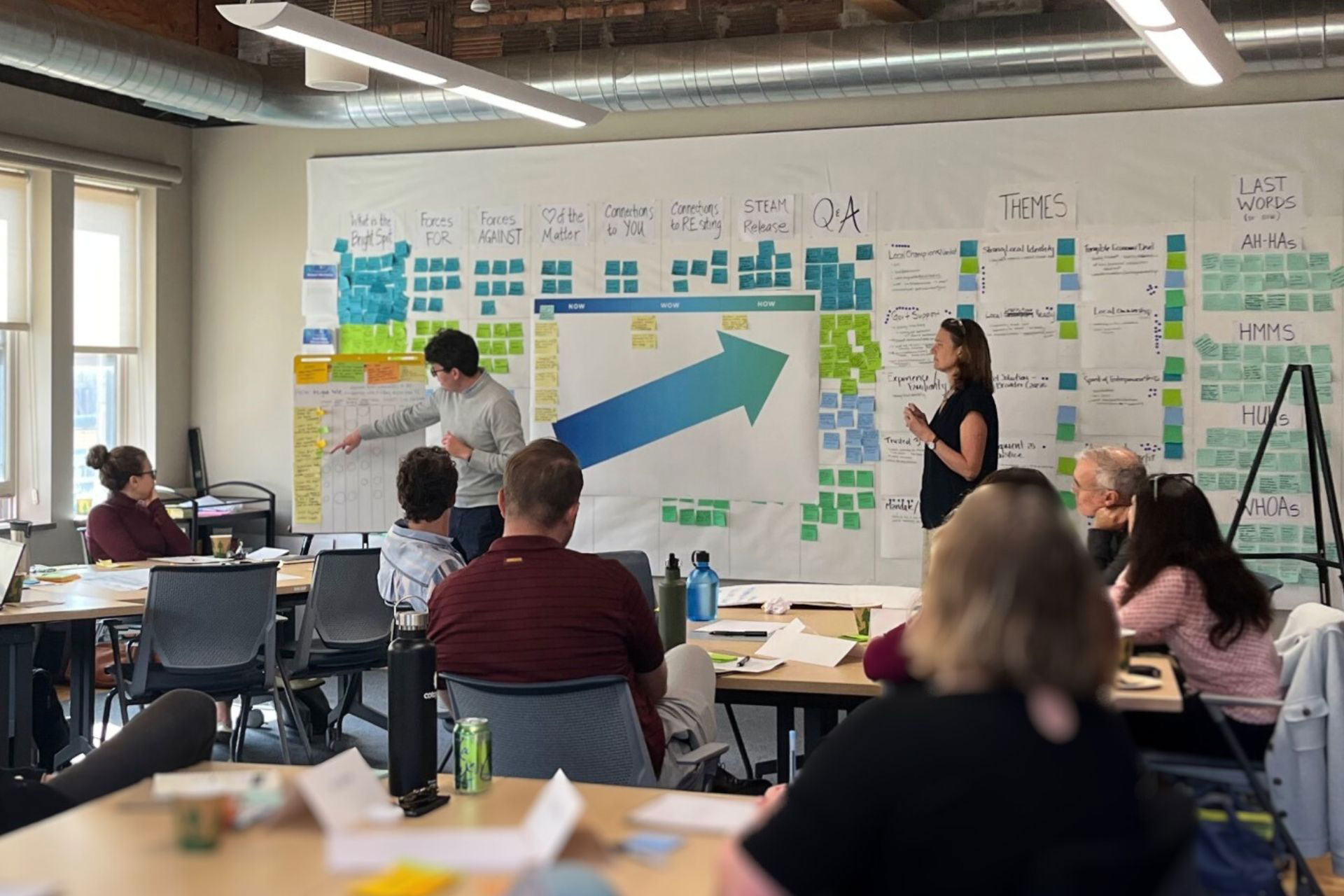
Program: Center for EmPowering Communities
Program details » | All Center for EmPowering Communities projects »
Building clean energy infrastructure at the pace and scale needed to meet state and federal climate targets faces many challenges, but in recent years, these challenges have shifted from technical and economic in nature toward a complex mix of social and institutional barriers. It is increasingly clear that finding communities that are willing and able to host large renewable energy projects, particularly wind and solar projects, will be essential for meeting climate goals. While many communities continue to say “yes” to wind and solar projects, there are growing numbers saying “no,” calling into question whether current siting practices and policies can support the pace of clean energy deployment called for by policymakers. New understandings and approaches are urgently needed to plan, site, and build clean energy in ways that garner and sustain community support for hosting these climate-friendly technologies at scale.
The Center for EmPowering Communities, in partnership with Clean Air Task Force, hosted a two-part workshop series to bring together perspectives, knowledge, and insights among practitioners and researchers who have firsthand experience working on getting contentious things built. The goal of the workshops was to identify paradigm-shifting opportunities and solutions for building community acceptance of wind and solar infrastructure. These workshops were hosted over two sessions in Ann Arbor, Michigan, in the Fall of 2023.
The workshops included 25 participants spanning clean energy siting, community acceptance, and related research and practice, with the goal of building interdisciplinary connections between and amongst experts in the fields. Practitioners included developers, community engagement specialists, rural coalition builders, advocates, and state siting experts. Researchers include rural law experts, rural sociologists, planners, energy researchers, and political scientists. The diversity of perspectives represented was invaluable in fostering collaborative learning and innovation within this field.